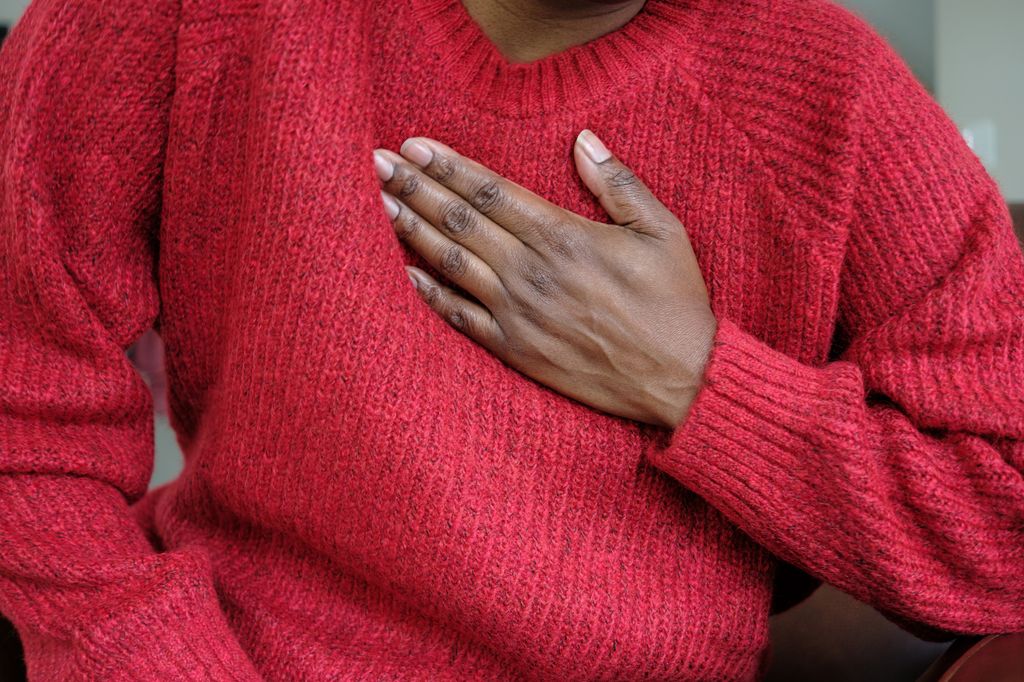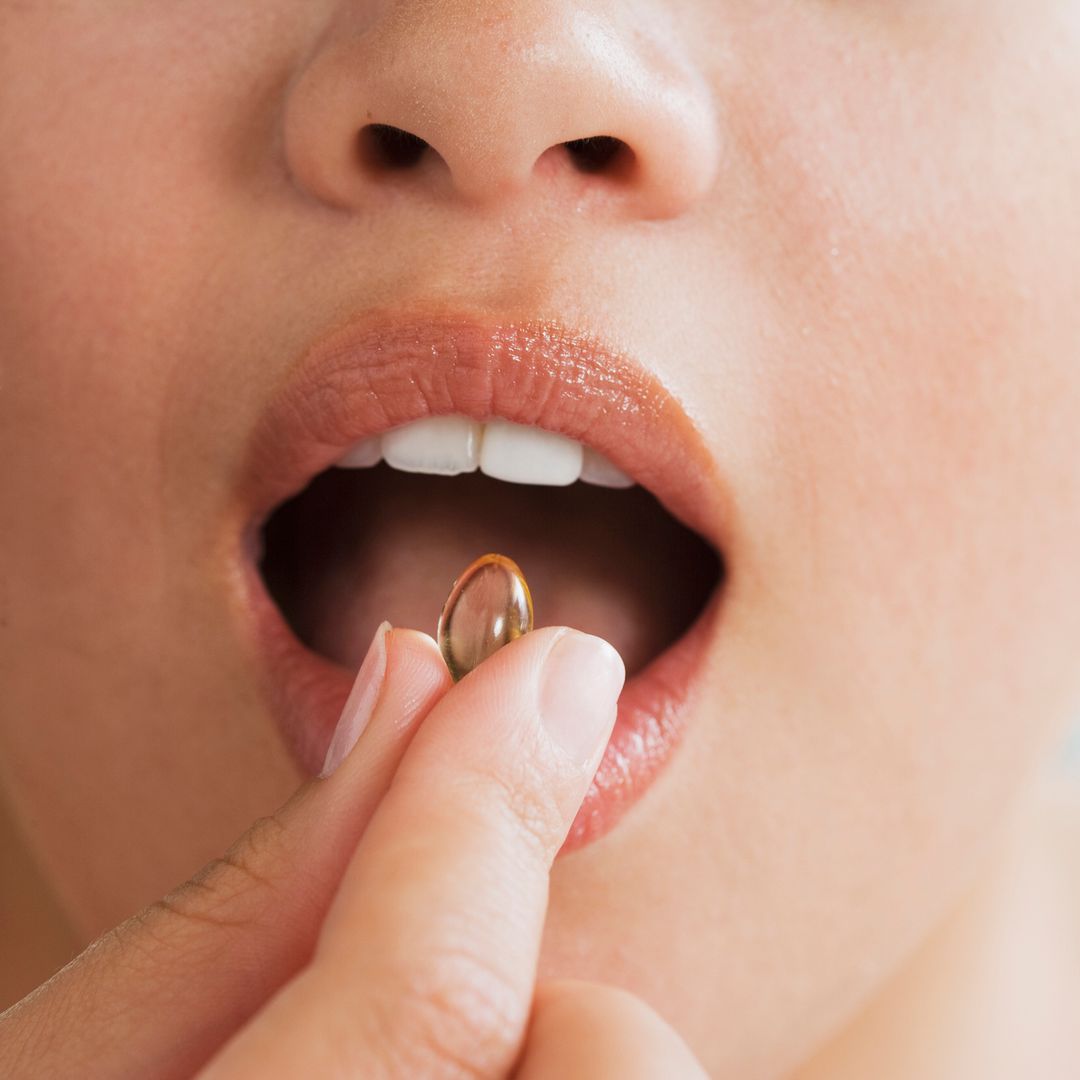Many of us are aware of the common symptoms of menopause: hot flushes, mood swings, poor sleep - the list, unfortunately, goes on. However, it's worth noting that, on average, women will experience 10 different symptoms during their menopause journey, with many often mistaken for various other health conditions. Some of these lesser-known symptoms include itchy skin, a burning tongue, gum disease, and acid reflux.
What is acid reflux?
Despite feeling as though it's burning the centre of your chest, acid reflux actually originates from the stomach. It's caused when the acid from your stomach flows into your oesophagus, which is the tube that connects your mouth and stomach, often known as your 'food pipe'.
It can cause pain and discomfort in your chest throughout the day, but can also leave you feeling bloated and with an unpleasant taste in your mouth.
Acid reflux in menopause
If you've noticed more acid reflux since perimenopause began, you're not imagining it. Studies have shown that menopausal women are much more likely to suffer from acid reflux as a result of the changing hormones throughout their bodies.
A reduction in oestrogen can impact the production of acid in your stomach, meaning digestion is often slower and food remains in the body for longer. Oestrogen also helps to regulate valves that prevent acid from travelling back up the oesophagus, meaning acid reflux is much more likely to occur.
There are factors that can worsen acid reflux during menopause, including:
Diet
Fried and fatty foods take a long time to move through the stomach, causing the body to produce more acid and increasing the likelihood of acid reflux.
Spicy foods are also something you might want to avoid, as they also often slow down digestion and increase the amount of acid your body needs to produce.
Caffeine and alcohol
Caffeine relaxes the oesophageal sphincter, allowing acid to pass more easily through into the oesophagus. If you can, choose natural, caffeine-free drinks and try to keep alcohol consumption to a minimum.
Stress
Stress is already a major symptom of menopause, and stress is proven to impact oesophageal sensitivity - aka, how sensitive your food pipe is. Though stress might not directly increase the level of acid in your stomach, it can certainly mean you notice this acid more and contribute to feelings of heartburn.
RELATED: Is stress making your menopause worse? An expert explains
Easing acid reflux in menopause
There are a number of additional things you can do to limit your exposure to acid reflux, including:
Taking care of your gut health
The healthy bacteria in our gut, otherwise known as probiotics, help to regulate inflammation caused by acid reflux. They also help to regulate the speed of food transition in your body, meaning it doesn't sit in your stomach for too long.
If you're looking to improve your gut health, try eating probiotic-rich foods such as kimchi and sauerkraut, or take a daily gut-friendly supplement such as DR.VEGAN's Gut Works.
RELATED: Perimenopause and gut health: what you need to know
Manage your eating
You're much more likely to experience acid reflux if your stomach is full to the brim with food, so it's worth eating slightly less, slightly slower, regularly throughout the day. This can give your stomach a chance to process everything it's being fed, which might help to relieve symptoms.
Adjust your pillow
Sleeping with your head slightly elevated can help to stop acid from flowing back into the oesophagus during the night, which might stop your reflux from regularly disrupting your sleep, leading to a whole host of additional issues.
Shona Wilkinson is Lead Nutritionist at ethical nutrition brand, DR.VEGAN, creators of menopause supplement, MenoFriend.










